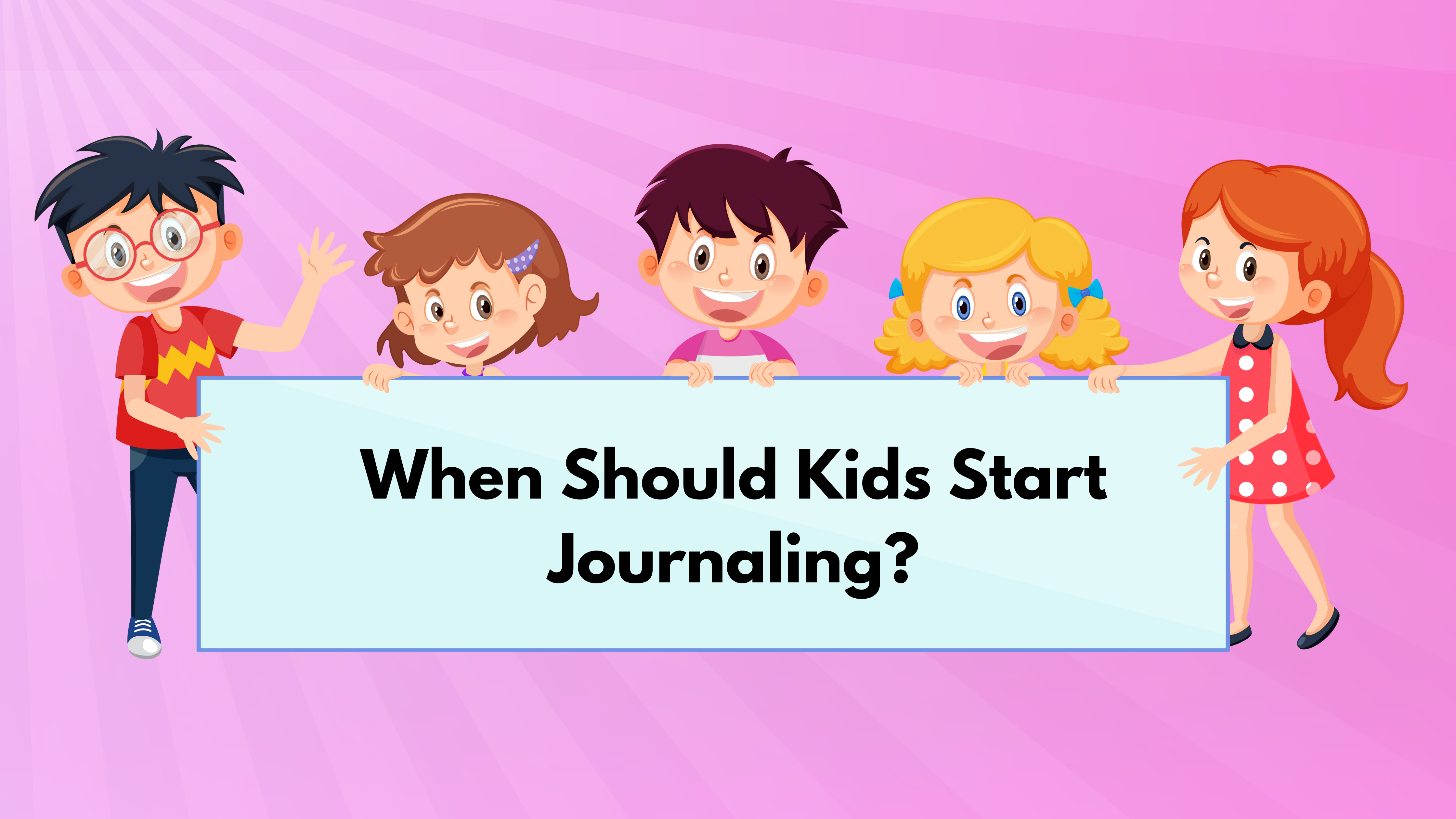
When Should Kids Start Journaling?
Journaling is such a fun and helpful activity for kids, and the earlier they start, the more benefits they can enjoy. But when exactly should they begin?
Starting Young: Ages 3-4
Surprisingly, kids can start journaling as early as 3 or 4 years old. At this age, journaling isn’t about writing words but more about drawing pictures or telling their stories to an adult. For example, my little nephew loves to scribble and tell me wild tales about his favorite toys. It’s his way of expressing himself, even if it’s not in full sentences yet.
Why Early Journaling is Awesome?
Expressing Emotions: Little kids often struggle to explain how they’re feeling. Journaling, through pictures or simple words, helps them show their emotions. I’ve seen my niece draw sad faces when she’s upset, and it’s her way of letting us know how she feels.
Building Brain Power: Writing or drawing encourages kids to think about their day, which boosts memory and problem-solving skills. It’s amazing how much they can learn just by putting their thoughts on paper!
Sparking Creativity: Whether they’re drawing superheroes or writing about their imaginary adventures, journaling lets kids be creative and explore their imagination.
Reflecting on Their Day: Even young kids can think about what they did and how they felt. My nephew loves to "journal" about his playtime at the park by drawing and talking about it later.
Improving Communication: The more kids practice journaling, the better they get at explaining their thoughts. My niece, for instance, used to just scribble, but now she’s starting to explain what her drawings mean.
Building Good Habits: Getting kids into the routine of journaling helps them create healthy habits early on, which will stick with them as they grow.
Helping Kids Think About Their Feelings
As kids grow, we want to help them understand their own thoughts and feelings. This is where metacognition (thinking about your thinking) and social-emotional learning (SEL) come in.
Here’s how you can guide them:
Talk About Your Feelings: If something doesn’t go as planned, explain your feelings and what you’ll do next. For example, if a trip to the park is canceled because of rain, you could say, “I’m a bit disappointed we can’t go, but maybe we can build a fort inside!”
Talk About Their Feelings: When your child seems frustrated, talk about what you see. If they can’t finish their puzzle, say, “I see you’re frustrated because that piece doesn’t fit. How about we try another one?”
Give Them Choices: Let them decide what to do. For example, ask, “Would you like to color or read a book before bed?” This helps them think about what they want and why.
Ask Open-Ended Questions: Instead of yes or no questions, ask things like, “How do you feel about today?” or “What was your favorite part of the day?” This encourages them to reflect and think deeper.
Wrapping it up
Journaling, even starting as young as 3 or 4, can be a wonderful way for kids to grow emotionally, creatively, and mentally. By helping them think about their feelings and encouraging them to express themselves through journaling, you’re giving them a tool that will benefit them for years to come.
Our Gratitude Journal for Kids is filled with fun prompts and activities to help your child grow emotionally and creatively. Let’s start their journaling journey now!